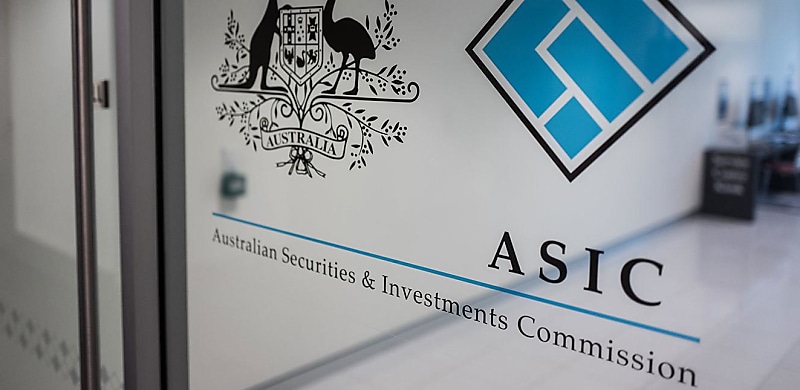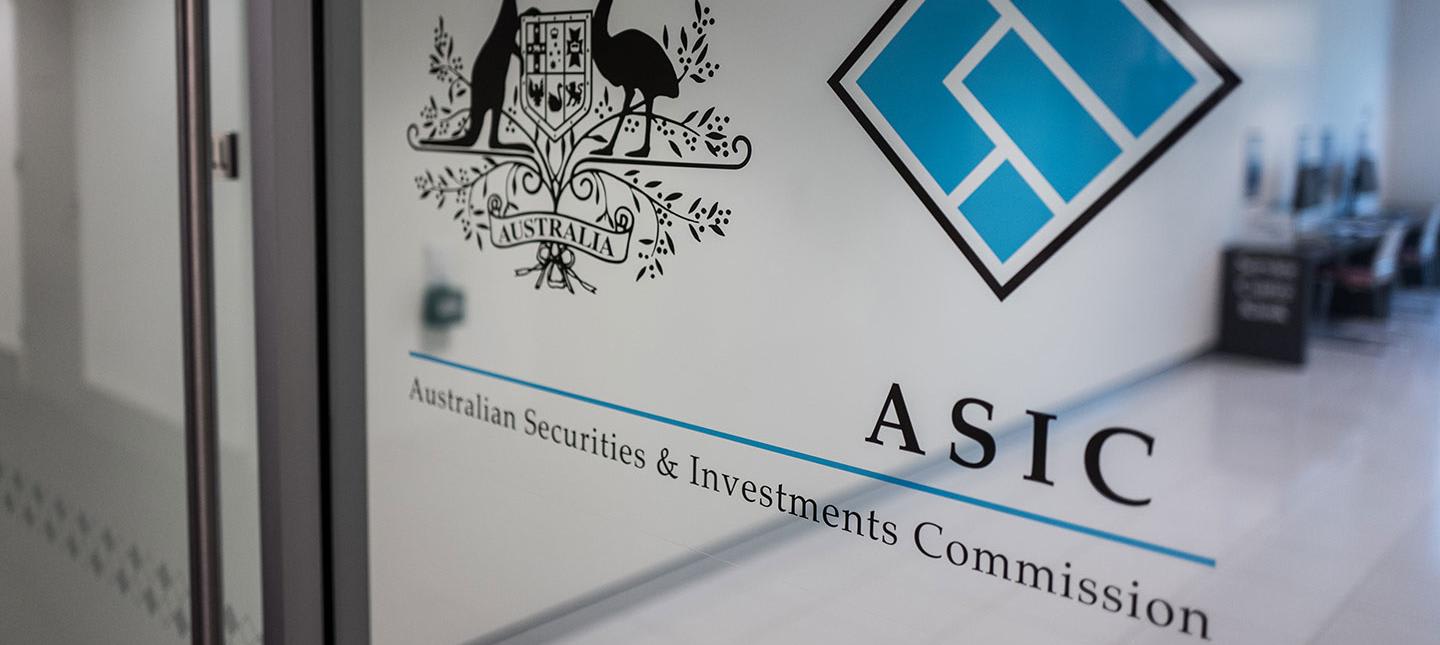
The regulator has defended its approach to enforcement and handling of misconduct reports in a recent review.
The House of Representatives standing committee on economics has released its final report reviewing the Australian Securities and Investments Commission’s (ASIC) annual reports for 2021, 2022, and 2023.
The committee’s chair, Dr Daniel Mulino MP, said that ASIC had been subject to extensive parliamentary scrutiny over the past three years, including its enforcement approach and whether it meets the expectations of government and the community.
Mulino said that although he acknowledged the challenges ASIC faced in triaging thousands of complaints and tip-offs annually, the committee expected the regulator to continue its efforts to better communicate with those who reach out for help.
10k public complaints per year
In comments at the 2022 hearing, ASIC summarised its triaging challenge with around 10,000 reports of misconduct received from the public each year.
Given ASIC’s finite resources, choices had to be made about which cases to pursue, the watchdog said.
At the time, ASIC chair Joseph Longo said that the regulator triages and prioritises reports using criteria “informed by strategic priorities and other matters to select those that will be subject to further consideration”.
“Given ASIC’s finite resources, choices always have to be made about which of the many matters drawn to our attention can be pursued,” Longo said.
“Our challenge is to allocate our resources for maximum public benefit to consumers as well as more broadly ensuring the proper conduct of markets and industry.”
Responding to committee concerns about a lack of responsiveness, ASIC chair Sarah Court said last year: “We simply do not act – much as we would like to be resourced to do so and would like to do so – in relation to individual complaints.”
ASIC said it had tried to improve its communication to improve transparency and to help guide people to places where they could pursue individual matters.
Watchdog to ‘beef up’ detection capabilities
ASIC told the committee it was investing in its data capabilities to ‘beef up’ its monitoring and early detection measures.
It said this would improve its ability to address misconduct before retrospective sources of evidence – such as complaints data – caught up with the facts on the ground.
However, ASIC also said that expanded data-gathering rights would help it spot misconduct earlier and in more sectors.
Enforcement tools under spotlight
ASIC outlined that once it had decided to pursue a matter, various enforcement tools were available, depending on the severity of the misconduct and the damage to consumers.
Measures available included civil penalty proceedings, infringement notices, and referring cases to the CDPP [Commonwealth Director of Public Prosecutions] for possible prosecutions.
ASIC noted past criticisms of its use of enforceable undertakings and its current preference for litigation.
After the royal commission in 2018, the regulator said it had taken a view that it should litigate more to enforce the law.
In 2022, ASIC chair Longo said: “We are actually a very active litigator… we’re in court somewhere in the country every day of the week. We’re very often in superior courts.”
It has been a busy period for the regulator, having launched a review into car finance earlier this month.
The announcement came after the financial services regulator released a new report earlier in March, saying it was “concerned” and “disappointed” to see some non-bank lenders pushing vulnerable consumers into small amount credit contracts inappropriately.
The review followed ASIC’s ongoing enforcement of SACC, including against Sunshine Loans and Ferratum Australia, which were found to have charged prohibited fees.
[Related: ASIC launches review into car finance]

